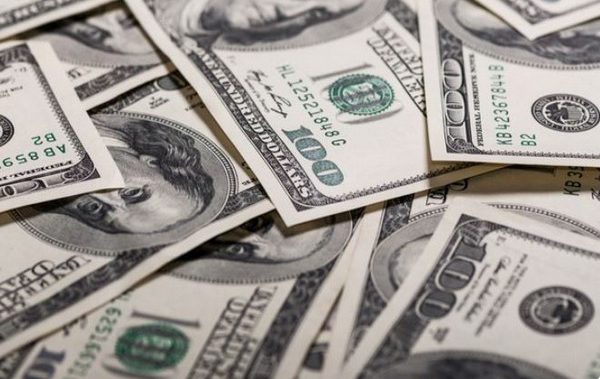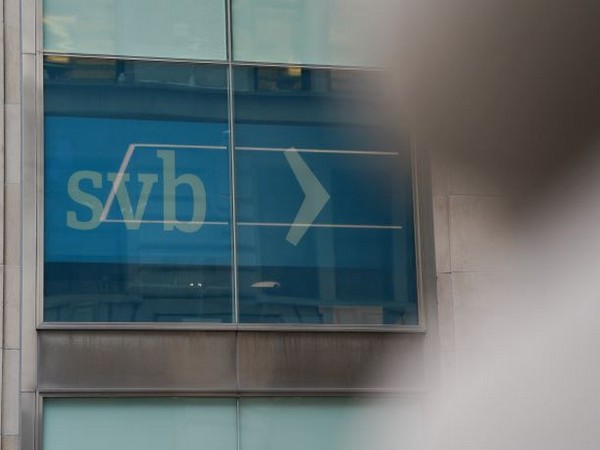Foreign portfolio investors (FPIs) have turned net buyers in Indian stock markets after having sold two months on a trot in January and February – data from the National Securities Depository (NSDL) revealed.
FPIs have bought assets worth about Rs 7,936 crore in Indian stock markets in March 2023, according to NSDL data.
The banking crisis in the US that emanated after the collapse of Silicon Valley Bank in early March seemed to have made renewed appetite for Indian stocks.
One of the most prominent lenders in the world of technology startups, Silicon Valley Bank, which was struggling, collapsed on March 10, after a run on the bank by the depositors. After the run on the bank, local regulators closed down the tech lender and put it under the control of the US Federal Deposit Insurance Corporation (FDIC). In latest, First Citizens Bank agreed to acquire all of its deposits and loans.
In January and February, FPIs sold equities worth Rs 28,852 crore and Rs 5,294 crore, respectively. NSDL data showed. Foreign investors were apparently cautious amid risks from the then volatility in Indian stock markets.
“The sustained selling by FPIs appears to be over since they have turned buyers in the last few days. The near-term outlook for FPI looks much more positive now. Even though Indian valuation continues to be relatively high, the recent market correction has made valuations a bit more reasonable than earlier,” said VK Vijayakumar, Chief Investment Strategist at Geojit Financial Services.
Barring some exceptions, foreign portfolio investors (FPIs) had been selling equities in the Indian markets for over a year, which started in October 2021 for various reasons.
Tightening monetary policy in advanced economies including rising demand for dollar-denominated commodities, and strength in the US dollar had triggered a consistent outflow of funds from Indian markets. Investors typically prefer stable markets in times of high market uncertainty.
In 2022, foreign portfolio investors sold Rs 121,439 crore worth of stocks in India on a cumulative basis, the data on the NSDL website showed. (ANI)
Read More: http://13.232.95.176/

